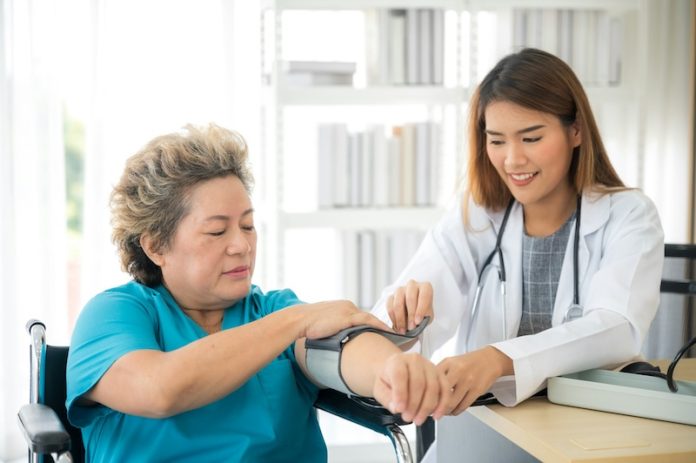
A team of scientists at Columbia University has been looking closely at a medication called chlorthalidone, a pill that many doctors give to people with high blood pressure. This medicine is widely used and has been around for a long time. But now, new research shows it might come with some side effects that patients and doctors should be aware of.
To understand the issue, let’s first talk about what high blood pressure is. Think of your blood vessels like highways and your blood like cars. If the cars go too fast and crash into the sides, that’s like blood pushing too hard on your vessel walls—what we call high blood pressure. If it goes on for too long, it can lead to serious problems like heart attacks, strokes, or kidney damage.
Doctors usually treat high blood pressure with medicine, and one of the common choices has been chlorthalidone. In this new study, researchers looked at medical data from over 730,000 people who took blood pressure medicine over a 17-year period. They compared chlorthalidone with another drug called hydrochlorothiazide, which is also used to treat high blood pressure.
The good news? Both medicines worked well in lowering the risk of heart attacks and strokes. But when it came to side effects, the story was different. People who took chlorthalidone were three times more likely to have low potassium levels in their blood—a condition called hypokalemia.
Potassium is a mineral your body needs to help your muscles move and your heart beat normally. When it drops too low, it can make you feel tired or weak and may even affect your heart.
To give you an idea of the numbers: 6.3% of the people who took chlorthalidone ended up with low potassium levels, while only 1.9% of people who took hydrochlorothiazide had the same issue.
But that’s not all. The study also found that chlorthalidone users were more likely to have electrolyte imbalances—meaning the balance of important minerals in their body got thrown off. These imbalances can make the body work less efficiently and even lead to kidney problems.
Your kidneys act like filters, cleaning your blood and removing waste. If something goes wrong with them, it can lead to serious health issues. The researchers say that people taking chlorthalidone had a higher risk of kidney-related side effects compared to those on the other medicine.
So, what does all this mean? It doesn’t mean you should stop taking your medication if you’re on chlorthalidone. Every medicine has pros and cons, and many people take it without problems. But it does suggest that doctors might need to monitor patients more closely or consider switching to a different medication if side effects appear.
There are also plenty of ways to support healthy blood pressure without medication. Eating more fruits and vegetables, cutting down on salt, staying active, avoiding smoking, and managing stress can all help. Even small changes, like going for a daily walk or drinking less soda, can make a difference over time.
In the future, researchers will keep studying these medications to make sure treatments are not only effective but also safe. If you or someone you know takes chlorthalidone, the most important thing is to stay informed, go to regular doctor visits, and speak up about any unusual symptoms. That way, your blood pressure—and your whole body—can stay on the right track.
If you care about high blood pressure, please read studies that early time-restricted eating could help improve blood pressure, and coconut sugar could help reduce blood pressure and artery stiffness.
For more information about blood pressure, please see recent studies about added sugar in your diet linked to higher blood pressure, and results showing plant-based foods could benefit people with high blood pressure.
Copyright © 2025 Knowridge Science Report. All rights reserved.



